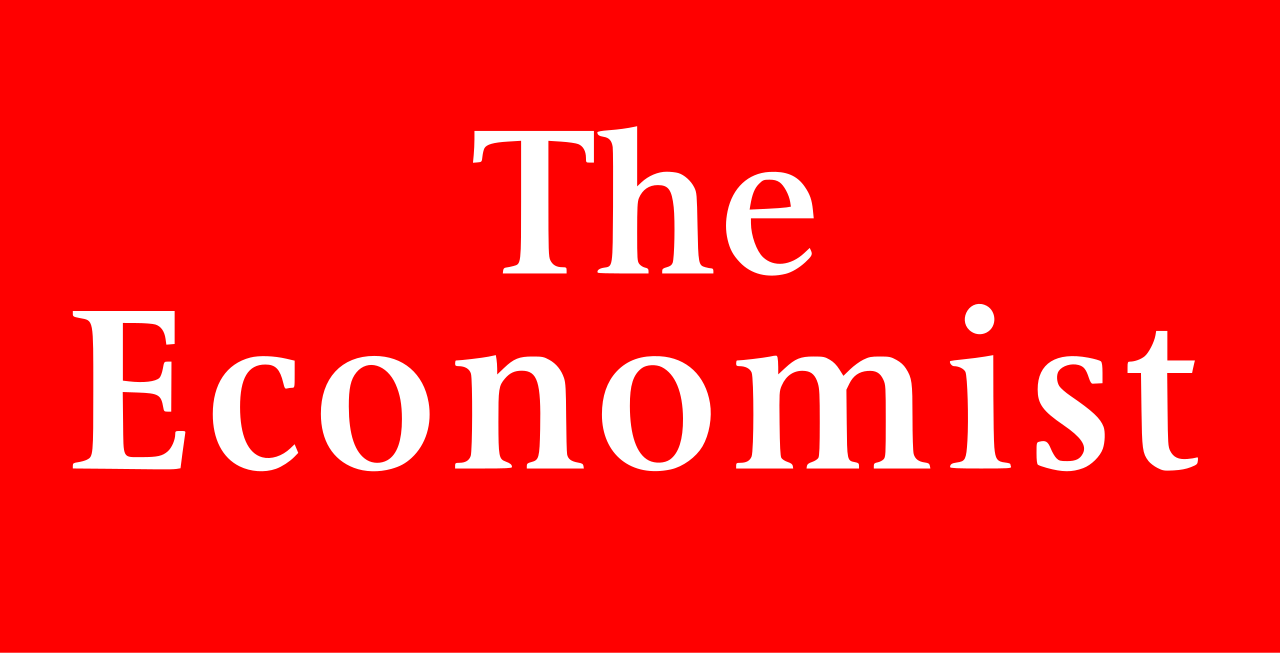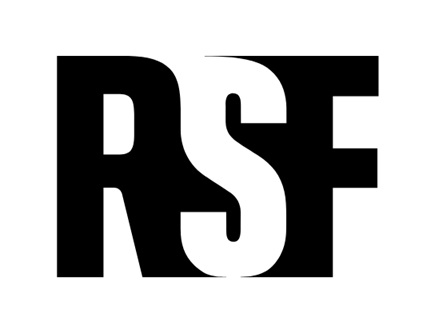Other Jobs You Might Like
- Full-Time
- Internship
- Starting Out

We are also seeking interns to write about foreign affairs for The Economist. The internships will be London-based and will pay £2,000 per month. Anyone is welcome to apply, regardless of citizenship or any characteristic unrelated to the job.
Applicants should send an original unpublished article of up to 600 words suitable for publication in The Economist’s foreign pages, a CV and a cover letter to foreignintern@economist.com. The deadline for applications is April 20th 2020. The dates and duration of the internships are flexible. Please mention Journo Resources when applying, it really helps us out.
The aim of the internship scheme is to find and train future Economist journalists. Previous experience is not necessary. Rather, we are looking for raw talent. Candidates should have a boundless curiosity about the world and the ability to write about it concisely, wittily and with analytical rigour.
The original article you send us is the most important part of the application. We will read it blind (ie, without looking at your name or where you are from). If what you write is not exceptionally good, we will not look at your CV. This is to ensure that the process is as unbiased and meritocratic as possible.
Successful candidates will be given challenging, exciting work straight away, as recent interns can attest:
Amy Hawkins, current foreign department intern:

“If you like challenging ideas, stimulating debates and, above all, learning and writing about the world, apply to The Economist’s foreign internship. From day one, I was pitching and writing stories, honing my audio skills on the podcast and working with editors to turn my ideas into pieces that would be read by millions of people. In my first few months, I wrote about gay marriage in China, child boxing in Thailand, the “rough sex” defence in murder trials and many more contentious topics. There are also plenty of opportunities to travel for stories. Not many places throw young journalists straight into the deep end, both in terms of ideas and experiences. The Economist is one of them.”
Sarah Maslin, foreign department intern 2017-18, now Brazil correspondent:

“Aspiring coffee-fetchers need not apply for The Economist’s foreign internship, which in six short months had me crisscrossing Puerto Rico to cover the aftermath of Hurricane Maria, rushing to publish a leaked recording that appeared to reveal Honduras’s ruling party planning to rig an election, and arguing with grizzled editors about the nuances of my cover story on murder in Latin America. I was a lonesome freelancer in Central America before my internship in London, so I relished the weekly meetings where the whole staff debates world events and appreciated the intense editing of my stories. It was all great training for my current job, as The Economist’s Brazil correspondent.”

Aman Rizvi, foreign department intern 2018-19:
“From my first day, I was treated like a correspondent. I was free to write about the places and topics that most interested me, and my ideas were taken seriously. I had expected that, in a busy office, people would mostly ignore me. But instead I found that not only editors, but other correspondents, were often interested to hear about what I was working on and to offer advice. I have learnt a huge amount from the weekly editorial meetings, where The Economist discusses its editorial line on everything from school summer holidays to Zambian debt. Amazingly, I have also been able to travel abroad to report on stories, covering elections in Nigeria, a frozen conflict in Western Sahara and a pro-Putin biker gang in Slovakia.”





